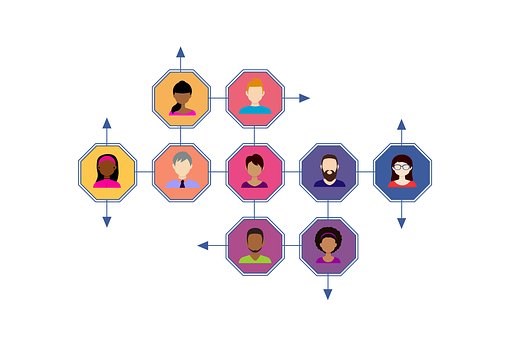When B.C.’s community non-profits join forces, they do it based on key principles.
One of the most important is that we’re “better together” — more effective in supporting healthier, stronger communities. That’s why we’re excited at Board Voice about the B.C. government’s Foundry initiative.
Board Voice is a non-profit made up of community leaders who govern charitable organizations across B.C. that provide services to strengthen communities. We want governments to plan for better social health in the same way they already do for economic performance.
Such plans must be specific and clear, with shared goals, actions and achievable outcomes, and unite efforts across traditional organizational boundaries.
B.C.’s 13 Foundry centres are a shining example of social planning in action. Developed to provide youth with health and wellness services, Foundry is a “one-stop shop” where the provincial government and more than 100 community partners collaborate to provide health services, social workers, employment counselling, peer support and substance-use programs under one roof.
That might seem an obvious approach. But B.C. doesn’t have a social policy plan that connects the efforts of government, communities, non-profits, school districts and health authorities. The traditional approach tends to “silo” services.
Here’s one example of how a siloed approach serves us badly:
Almost a third of B.C.’s Grade 4 students aren’t reading at the expected level and a similar number fall short in math. A problem for our schools, right?
Except that 30% of B.C. children start kindergarten “not ready to learn.” For many, it’s because their parents are poor. These children may not have had the same opportunities, support or even nutrition as those from higher-income families.
It’s not a problem that schools can solve on their own. More effective community supports for families facing challenges could make a much greater difference than any changes to the education system.
The Foundry project was launched under the former government and expanded by the current one, an encouraging indication that the value of social planning is recognized across partisan lines. Also encouraging is the government’s commitment to developing a poverty reduction strategy that breaks down “silos” and builds partnerships.
Board Voice members are volunteer directors of non-profits across the province. They share one important objective: To make life better in their communities for everyone. Planning, collaboration and sustainability are critical to that.
In six months, the government will present a budget and fiscal plan, a vital road map for B.C.’s immediate future. We hope to see a social policy plan in the budget documents that is every bit as detailed and rigorous.
Few things matter more to individual wellbeing than the collective health of our communities. That doesn’t happen by accident.
B.C. needs a social plan.
Leslie Welin is co-chair of the Board Voice Society of BC. Terry Moist is a Board Voice community lead for North Vancouver Island.



